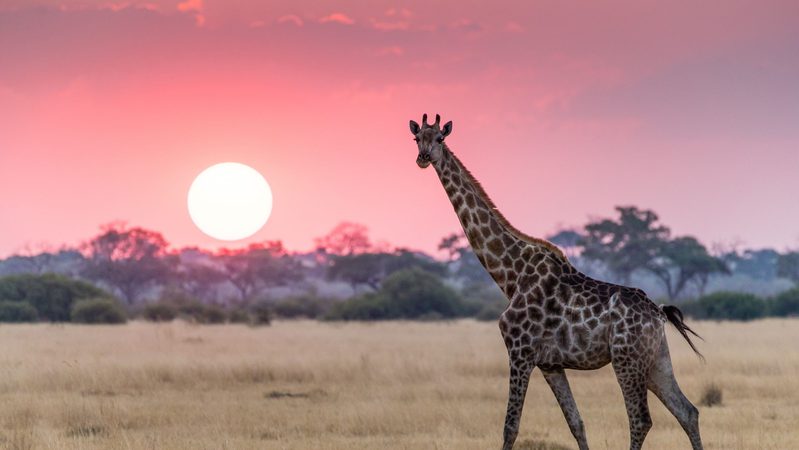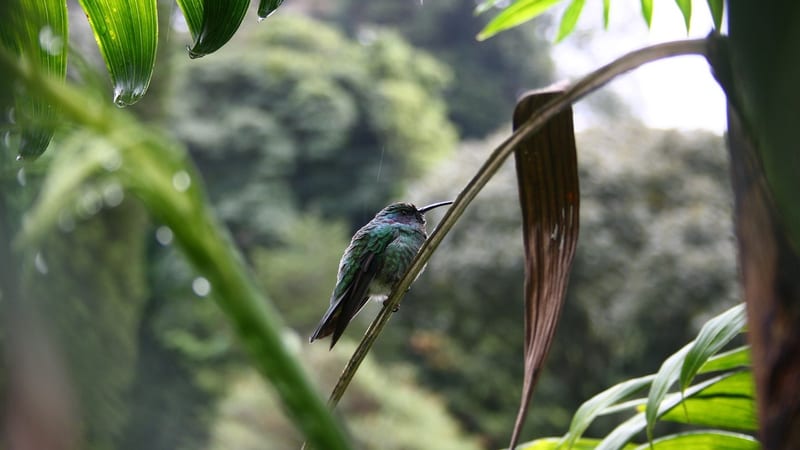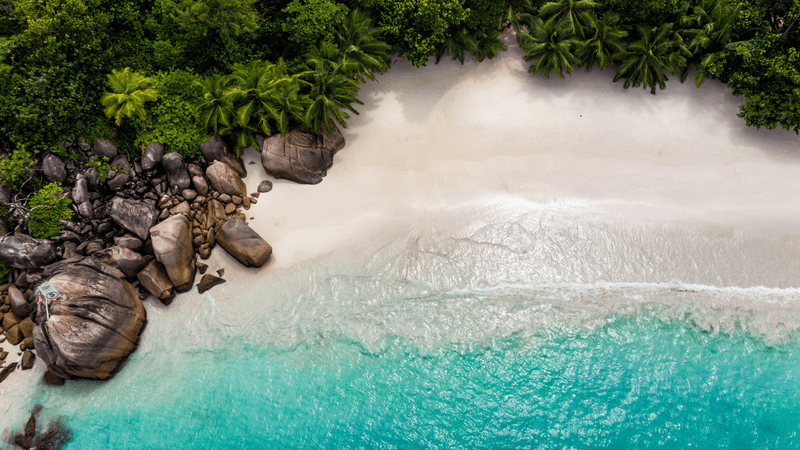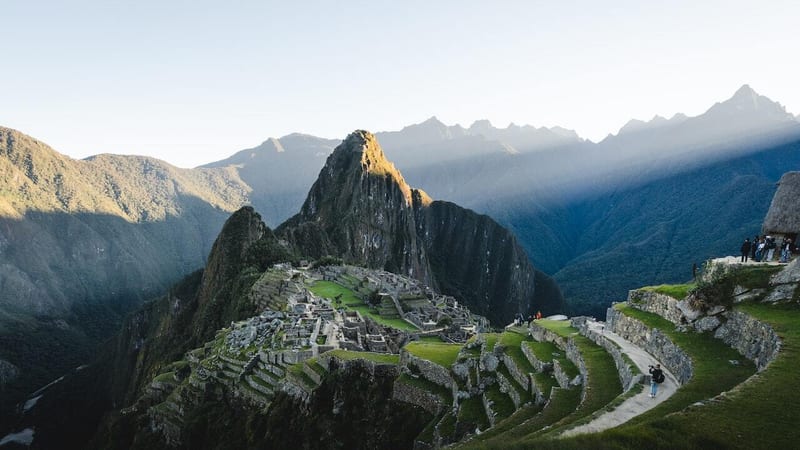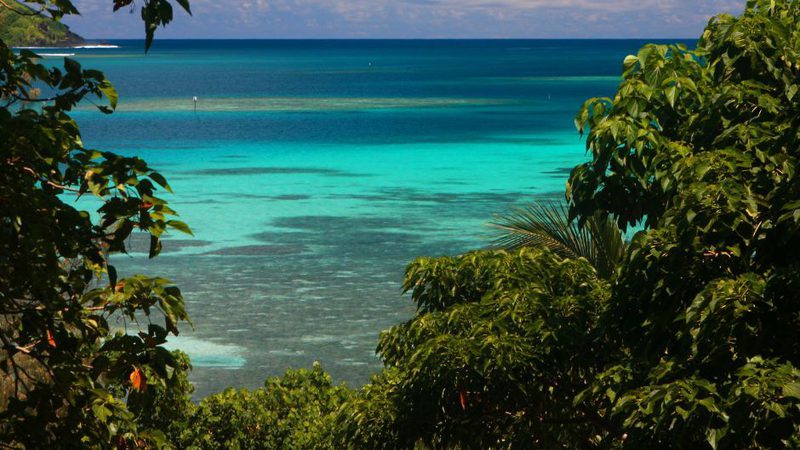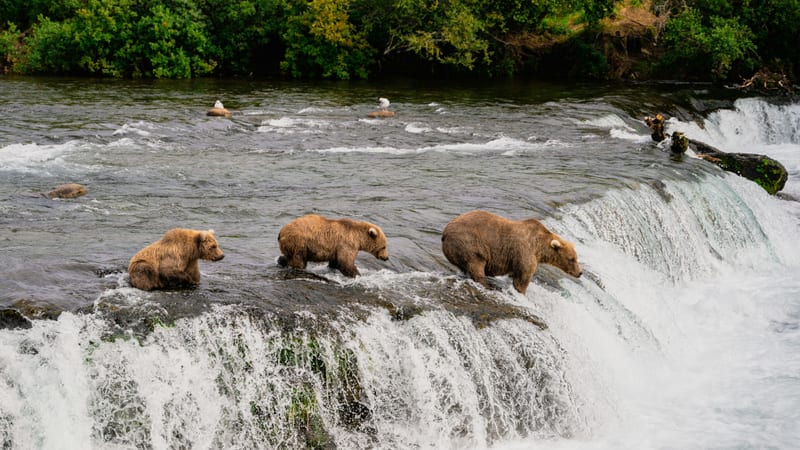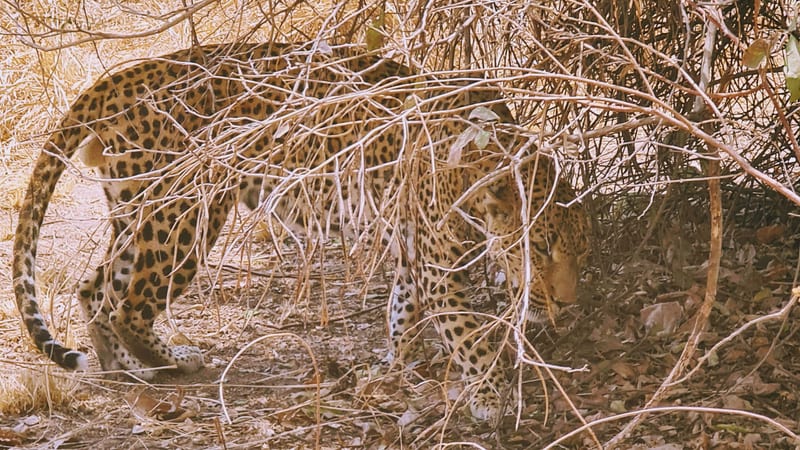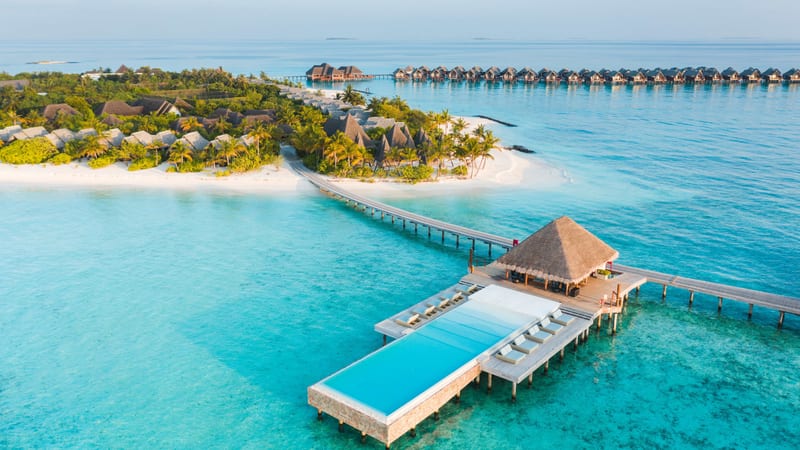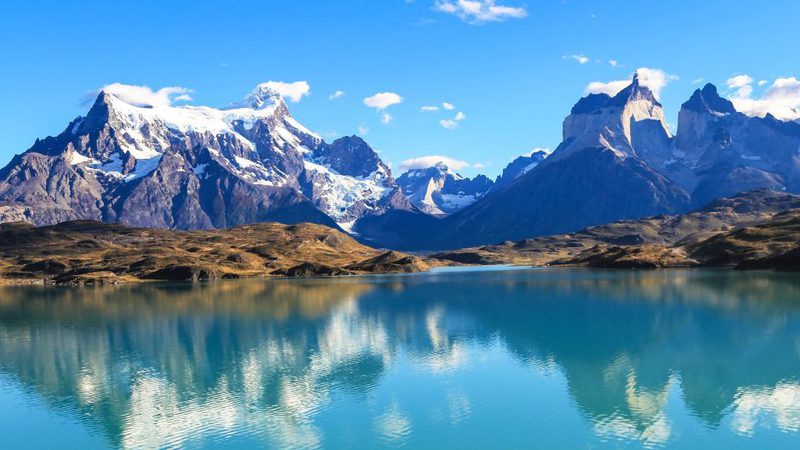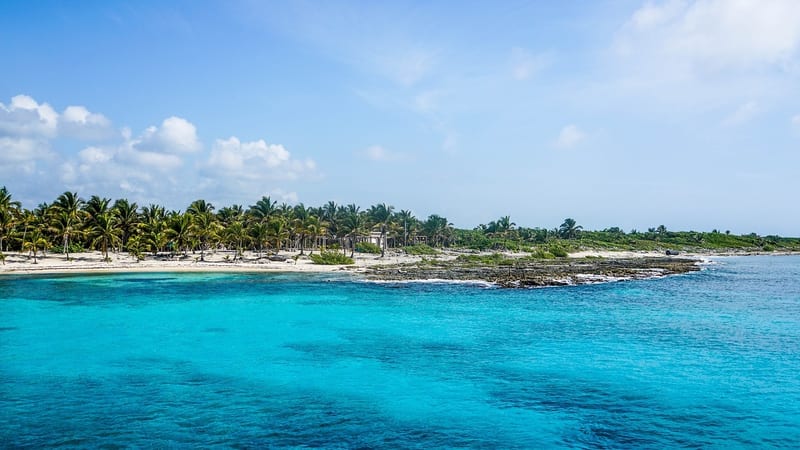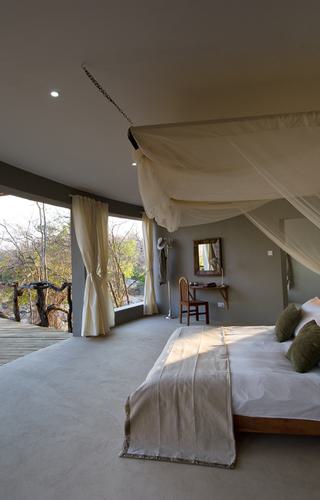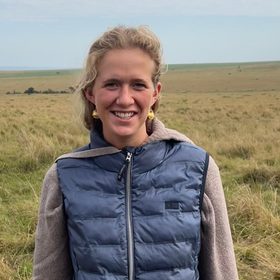Undiscovered by tourists, Majete is a true wilderness where every trip into the bush feels like a true adventure.
Location: Set within the heart of Majete Wildlife Reserve in southern Malawi, Mkulumadzi enjoys a prime position along the Shire River. This vast reserve lies within Africa’s Great Rift Valley and spans 70,000 hectares of miombo woodland, granite hills, and riverine forest. Once devastated by poaching, Majete is now Malawi’s only Big Five park and a symbol of conservation success.
Rooms: Mkulumadzi features spacious chalets, including family-friendly options and a secluded honeymoon suite. All rooms offer en-suite bathrooms and air conditioning, blending modern comfort with natural surroundings. Raised walkways and private decks provide sweeping views of the landscape and river below.
Amenities: The lodge’s main area includes an inviting infinity pool, communal lounge, and dining space with Wi-Fi access. Guests can unwind beneath the stars in a unique open-air star bed or take advantage of laundry services between safaris. Whether you're travelling as a couple, family, or solo adventurer, Mkulumadzi offers a relaxed, luxurious setting.
Activities: Days at Mkulumadzi are filled with expertly guided game drives, offering a chance to encounter elephants, lions, rhinos, and more. Wildlife hides provide peaceful observation points, and cultural experiences offer insight into local traditions. For a memorable night, try the star bed and fall asleep to the sounds of the bush.
Sustainability: Mkulumadzi is part of Majete’s broader conservation mission. By visiting, guests support wildlife protection, community development, and responsible tourism practices that ensure the continued success of this thriving reserve.
Best places to stay in Majete Wildlife Reserve
Malawi Trip Inspiration
Speak to a Malawi expert today
and start planning your tailor-made holiday

Alistair

Ben


